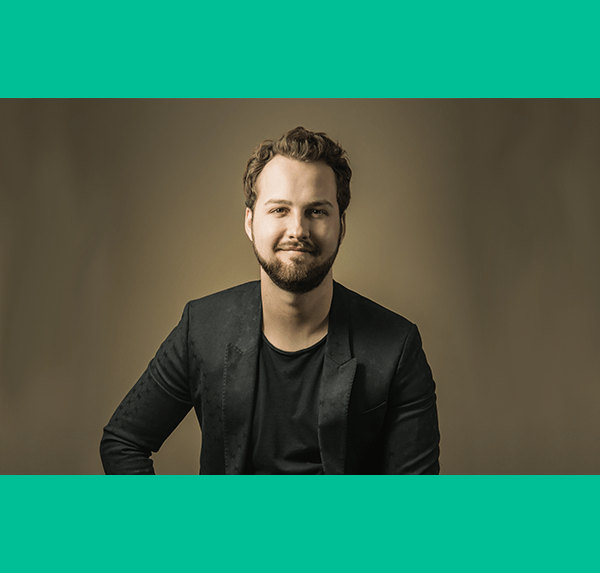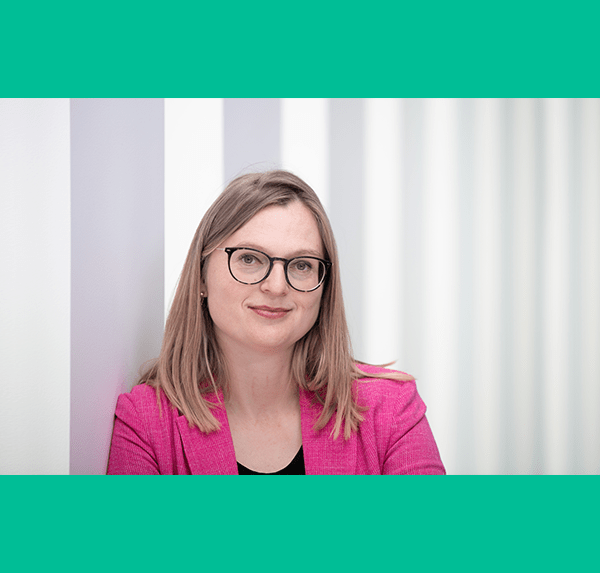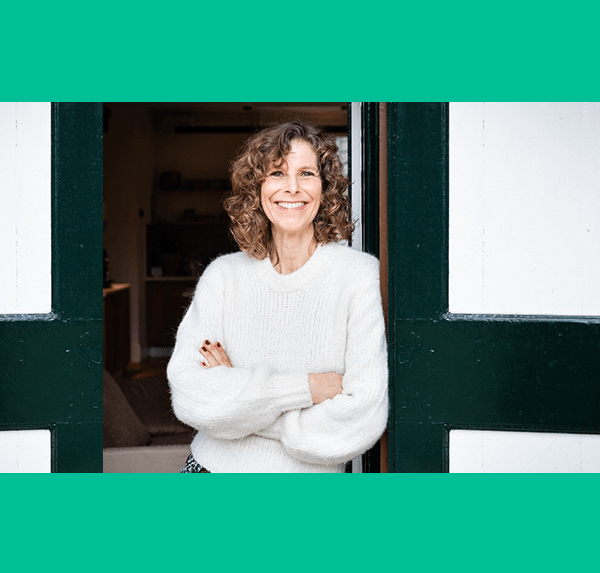Although he has worked in various countries across the world, Dr. Ravi Fernando is currently based in his native Sri Lanka, where he is chairman and CEO for Global Strategic Corporate Sustainability.
After an early career in marketing, Dr. Fernando went on to earn a master’s in sustainable leadership from the University of Cambridge and completed his DBA at EU Business School. His fascination with sustainability saw him create the concept of 21st-century science-led leadership, which is the subject of his book, “21st Century Leadership to Fight the Code Red for Businesses”, launching later this year. He is undeniably passionate about nurturing environmentally conscious business leaders of the future and an enthusiastic advocate for sustainable business models.
When he is not busy working on saving the planet, you may find Dr. Fernando at a karaoke competition or watching the Olympic Games! As a track and field enthusiast, one of his personal highlights was getting to meet Usain Bolt.
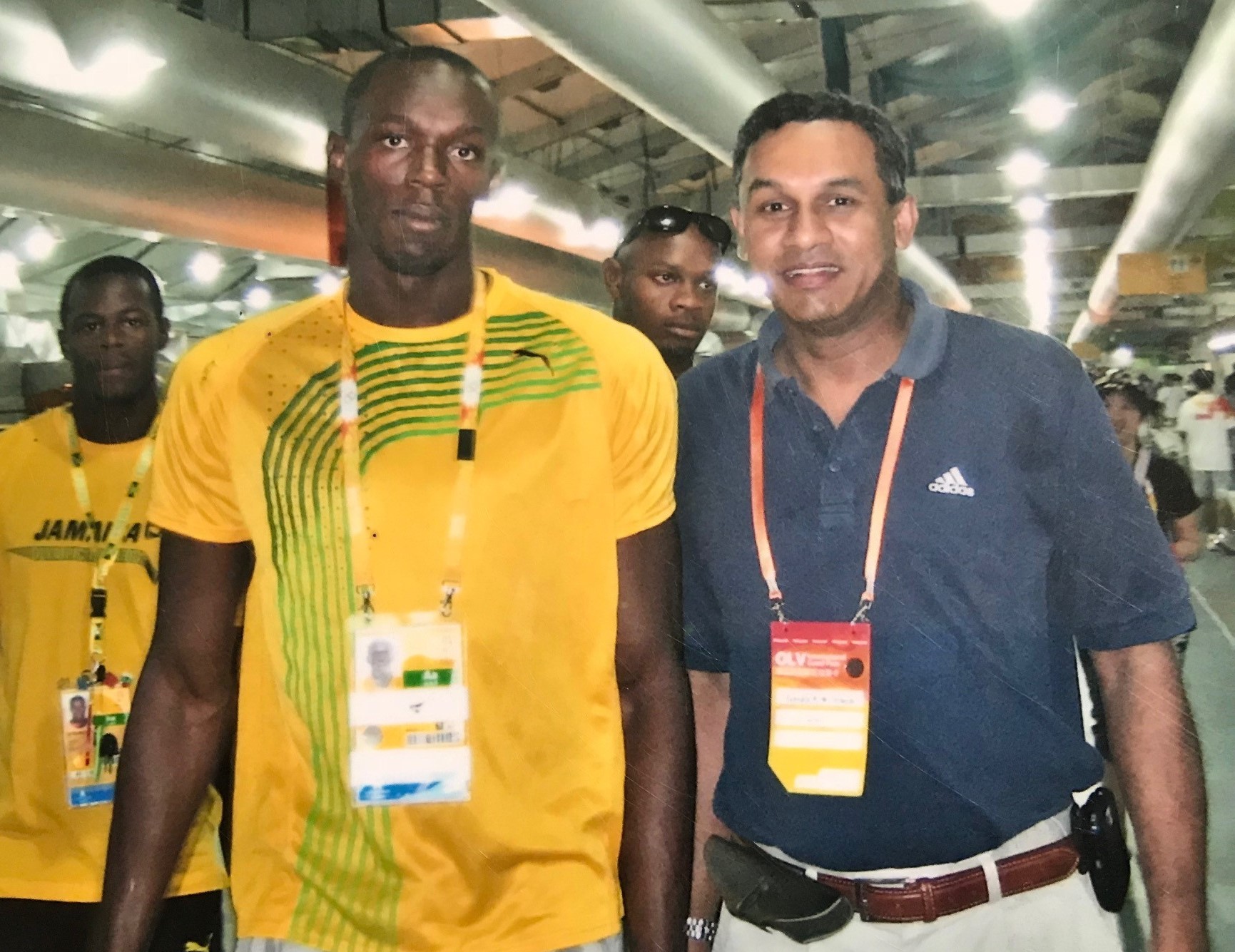

How and why did you come up with the concept of 21st-century science-led leadership?
Every step in my career has been a building block. When I began to get interested in these subjects, I drew on a whole variety of experiences from various parts of the world, and one thing I have always done is ask myself, ‘what is next?’.
I started out as a management trainee at Unilever and oversaw their margarine brands. So, I began in marketing and then got very interested in digital business. I saw the digital world was starting to open and I got involved with a Swedish company called Comviq AB, and Ericsson. They were among the first cellular telephone companies in the world. I studied and did some training in Sweden and launched one of the first digital networks in Asia.
Later, I started my international career with Sterling Winthrop, who were bought by various companies including Sanofi Winthrop, Eastman Kodak and GlaxoSmithKline. So, I’ve worked in the pharma industry with one company that morphed into many different companies and there, I was exposed to various regions, leaders and leadership styles.
Finally, after all those scary career moves, I began to realize that the defining factor of any business strategy are its leaders. You might have the best technology but, if it’s not being maximized, you’re not going to get anywhere. Around that time, I became interested in nanotechnology and headed a nanotechnology institute as its first CEO. That really began to define my thinking because I’d been in fast-moving consumer goods with Unilever, the whole plethora of pharmaceuticals and then nanotechnology.
Now, if I think of this whole journey, I can see how the idea of 21st-century leadership began to evolve. I realized that the concept of the climate emergency has been around since 1987, but most leaders in the world who haven’t come from a science-led background have basically put it on the backburner and paid scant respect to the subject. As a result, the world is now facing a real code red for humanity. I would attribute that crisis to the fact that, since 1987, when the first UN report, the Brundtland Report, was developed, only one thing has happened consistently; every time they met, all they did was postpone the date of when they would address the problem. So, there has been a consistent erosion of the seriousness of this problem. I pinpointed this to a lack of science-led leadership. Business leaders are not schooled in science and, therefore, tend to ignore science. But there is no business in a damaged planet.
The COVID-19 crisis was a defining moment for my thinking because a common factor among the leaders of the top three nations for COVID deaths was that they ignored the science and dismissed the advice of scientists, just wanting to get the economy back on track. They did get the economy back on track, but at a massive cost to humanity. During that time, I read a fantastic book by Yuval Harari called “21 Lessons for the 21st Century”. Suddenly, I had this epiphany of connecting all I had learned and practiced in running multinational businesses and I began to realize that the 21 lessons aren’t being taught. That led me to create the 21st-century leadership strategy model.
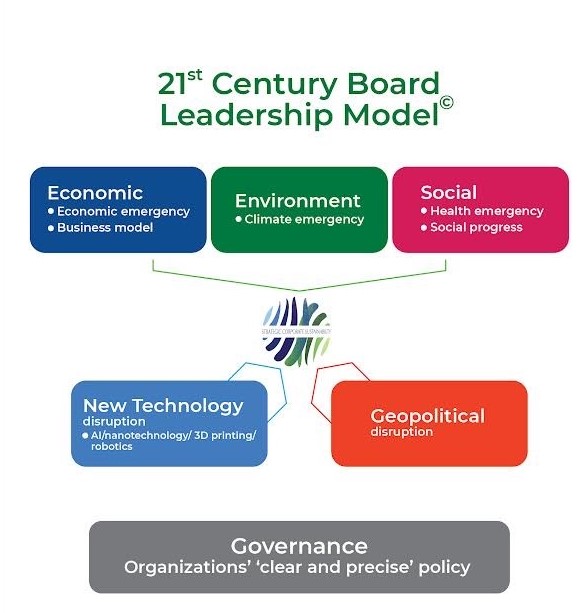

Could you give us an overview of the 21st-century leadership strategy model?
The model consists of six elements. There are three emergencies. The climate emergency, the health and social emergency and economic dislocation. I then realized that business is not just disrupted by emergencies. There are three disruptors: the first is technology, because if a company or nation doesn’t embrace technology, they will become out of touch. The second, geopolitics, disrupts everything and has an impact on business strategy. Companies have to ask themselves if there are geopolitical trends that might impact their business in some way and, if so, what opportunities and risks exist. Last, I came across massive compromises of governance. As board directors, we are taught to look at risks, but we only focus on financial risks. So, I took all these emergencies, the risks of those emergencies, and the risks of disruption from technology and geopolitics, and concentrated them all under governance.
How do you think we can get leaders to start prioritizing planet over profits?
That is the million-dollar question. Most business leaders aren’t exposed to science, so there is a case for bringing the attention of business leaders to science in a simple, practical, easy-to-understand way because otherwise we will develop what I call 19th-century business leaders, who ignore science and pursue profit at any cost.
Business leaders are there for the long haul. A political leader is there for a term but, when we start a business, we say we are going to be there for the next 50 years. Business leaders are the best hope. As I studied 21st-century leadership and created my book, I featured eight world-class business leaders who are running businesses from a totally science-led background and embracing the model. Elon Musk is a scientist, he has a PhD in physics, but none of the others I mention are scientists. They are simply business leaders who have probably got a great MBA and run businesses, but they are paying attention.
We need to get business leaders to practically see the downside of not addressing these issues. If they are seriously thinking of building businesses beyond the next 10 years, then they’re going to see the need to do the right thing now. If we sensitize them and ask them to become part of the solution to the climate emergency, I think we’ll have a planet to call our own. Otherwise, we’ll have to get into one of Elon Musk’s space rockets and head to Mars!
As a lecturer yourself, how would you say the younger generations are engaged in the topic of sustainability?
I teach Gen X and Gen Y; I would call that the Greta Thunberg generation. Most of them are very sensitive to the climate emergency and, when they apply for a job, they shun fossil fuel companies and banks that are compromising the planet. They know that these companies are becoming part of the climate emergency problem.
They also know they are going to outlive us. By 2040-50, they’ll be facing the brunt of the climate emergency. Our generation is no longer going to be around, but we will have messed the planet up in such a way that we will have left a disaster for them to inherit, and they know it.
What advice would you give young business leaders of today?
They are the silver lining in an otherwise crisis-ridden world. My advice is to become entrepreneurial, create a business that is part of the solution and get funding. There’s enough green climate funding available for businesses like this.
I would say the three areas to really focus on are the energy solution (because otherwise, we will keep burning fossil fuels), then affordable renewable sources, and transport and precision agriculture, because there’s no reason why every one of us can’t grow something in our own kitchen.
How has your DBA from EU helped you on your career path and helped you to build 21st-century science-led leadership?
The DBA at EU is structured in such a way that you get total freedom in your research focus area. My focus was understanding the famous UN Sustainable Development Goals. I wanted to know how they have changed the world and the world of business, and what key lessons we can learn from their impact. I needed to conduct a study of almost 230 businesses in about 30+ countries.
I had very good supervisors at EU, and they gave me that flexibility. Some of the goals ended up in my doctoral thesis and that knowledge became a key part of my book.









